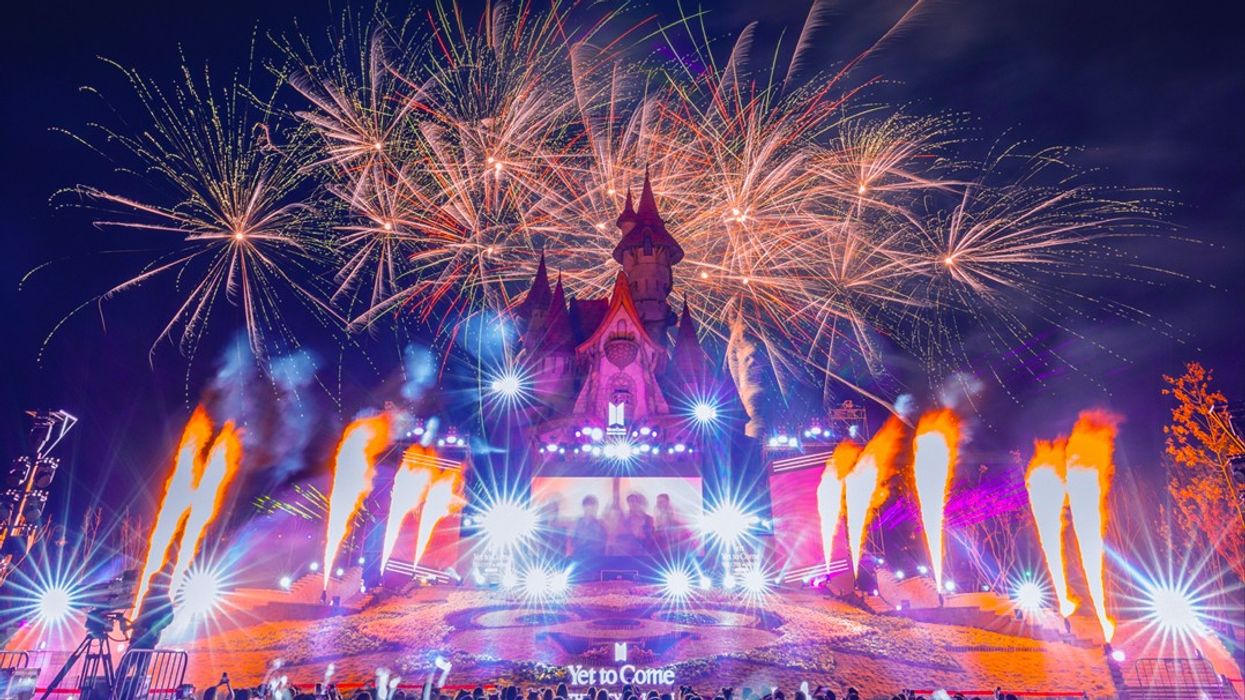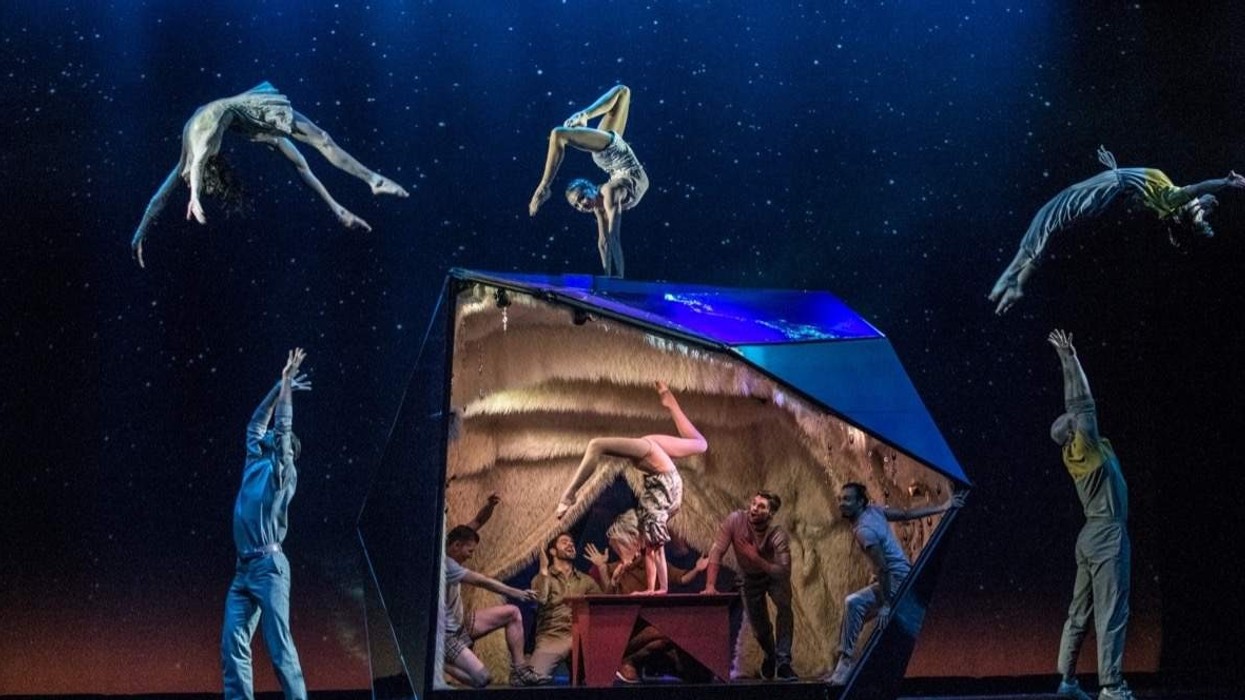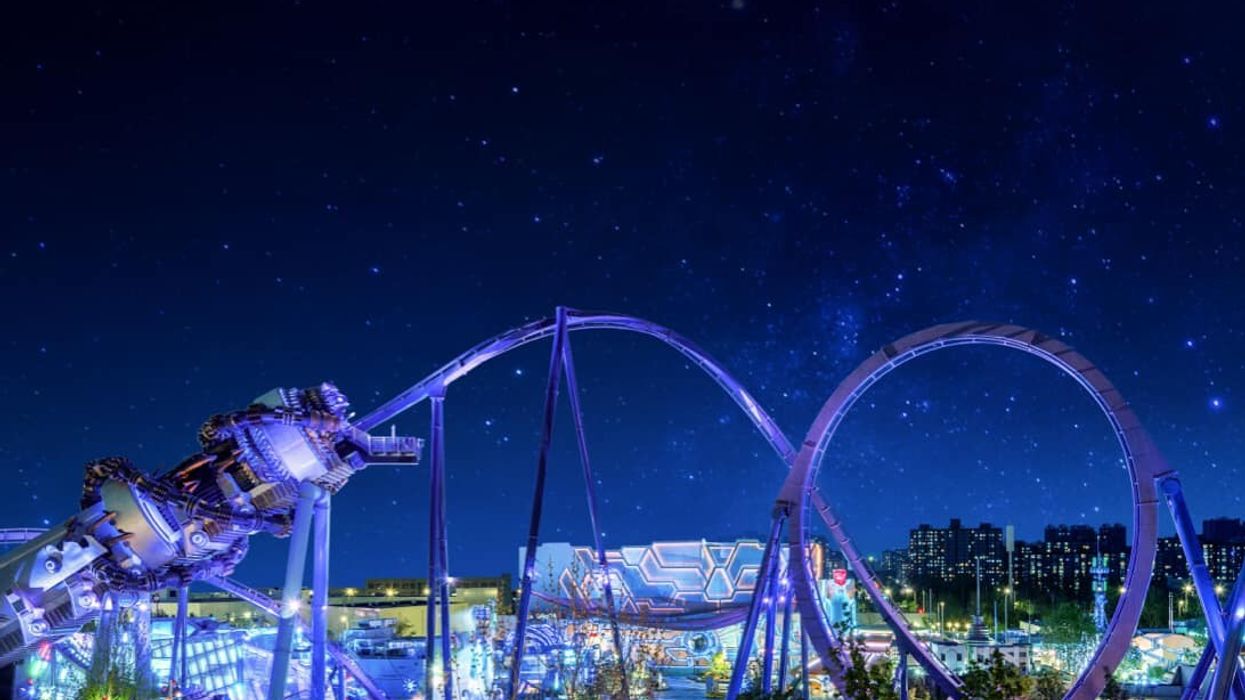The business of attractions, straight to your inbox!
Sign up to receive the industry’s most comprehensive news service directly to your inbox every day.
✅ Thank you! We’ve sent a confirmation email to complete your subscription.
Don’t miss out
Get the latest attractions industry news direct to your inbox, every day.
✅ Thank you! We’ve sent a confirmation email to complete your subscription.
Most viewed
Day
Week
Month
covid-19
The COVID-19 pandemic had a significant effect on the attractions business. It disrupted operations, changed guest experiences, and posed financial challenges to many attractions around the world. As governments imposed lockdowns and travel restrictions to prevent the virus's spread, attractions experienced closures, cancellations, and a dramatic drop in attendance.
Many operators experienced significant income losses and financial difficulties. Dramatic disruptions to ticket sales, refreshments, and merchandising pushed attractions to investigate alternate revenue streams and cost-cutting strategies.
Due to social distancing rules, attractions had to adjust their operations. Queue management, hygiene measures, and capacity limits became important aspects of the visitor experience. To improve safety and convenience, some attractions included virtual queues and contactless payment systems.
Despite these difficulties, COVID-19 has expedited the introduction of digital technologies in the attractions industry. This digital response also highlighted the value of developing strong online platforms to maintain relationships with guests during closures and respond to changing customer requirements.
The pandemic's long-term impact has prompted a reevaluation of business strategies and contingency planning. Many now focus on flexibility and innovation to maintain resilience in the face of future crises.
Writing for blooloop at the close of Module 2 of the UK Covid-19 Inquiry, Rachel Mackay reflected that it may take significant time before we can fully understand the impact of the pandemic. However, she added that some actions should be taken more rapidly.
Don’t miss our
FREE daily newsletter
Get the latest attractions industry news direct to your inbox, every day.
✅ Thank you! We’ve sent a confirmation email to complete your subscription.
covid-19 features
Recent
blooloop is taking climate action and is now B Corp Certified.Sustainability strategy

Become part of the blooloop community:Work with us

















